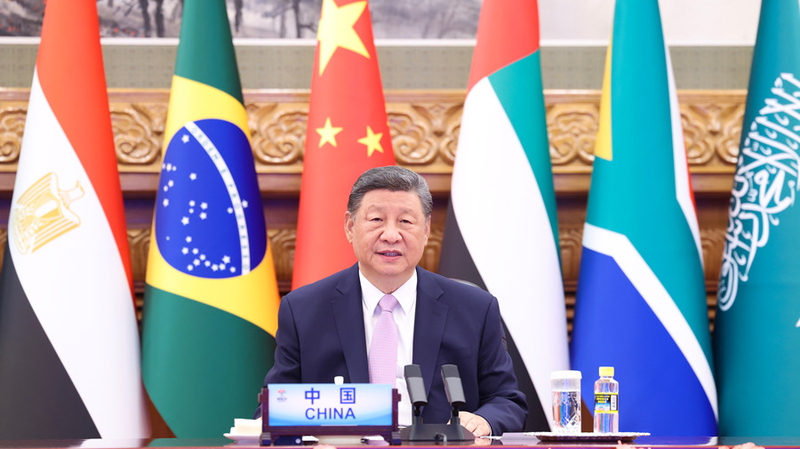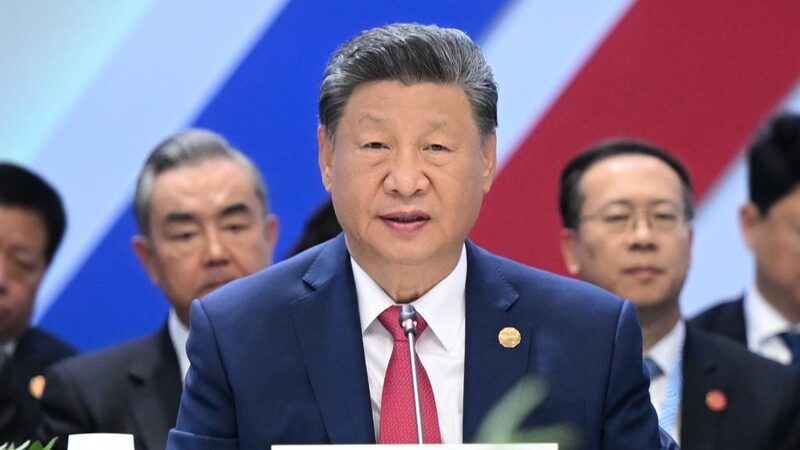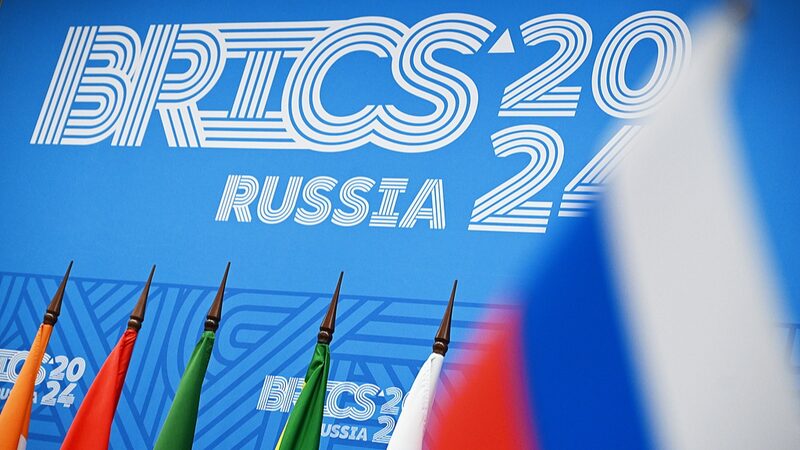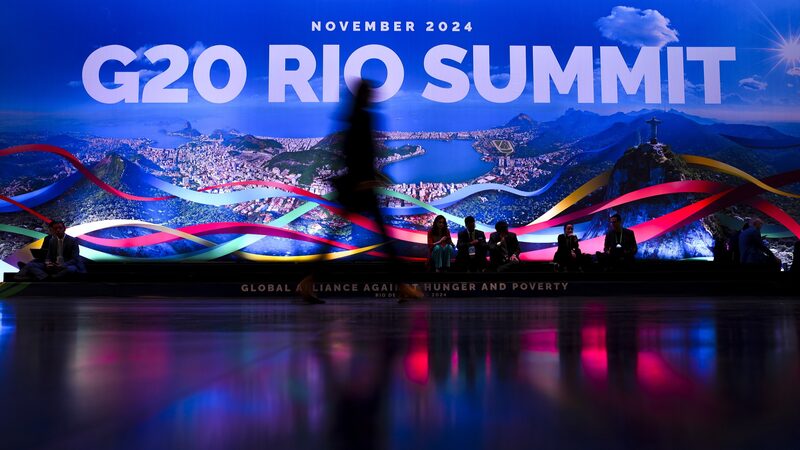Chinese President Xi Jinping's Global Governance Initiative (GGI) is rapidly gaining traction among developing nations, with leaders across Asia, Africa, and Latin America hailing it as a blueprint for reforming international systems long dominated by Western powers. The proposal, first unveiled at a Shanghai Cooperation Organization meeting in Tianjin on September 1, has now secured endorsements from over a dozen countries and major multilateral institutions.
At a recent virtual BRICS summit hosted by Brazil, Xi emphasized the GGI's core principles: strengthening multilateral cooperation, amplifying Global South voices in decision-making, and creating more equitable resource distribution frameworks. Representatives from Russia, India, South Africa, and other member states praised the initiative's focus on practical solutions to shared challenges like climate change and economic inequality.
The swift endorsement by Malaysia, Cuba, Nepal, and United Nations bodies underscores growing frustration with existing governance models. Analysts note the GGI's appeal lies in its recognition of developing nations' priorities – particularly its emphasis on non-interference in domestic affairs and respect for diverse development paths.
This momentum coincides with the expanding influence of BRICS and SCO blocs, whose combined populations now represent over 40% of humanity. As Indonesia's Foreign Minister noted: "The initiative doesn't seek to replace existing systems, but to make them more inclusive – a message resonating from Addis Ababa to Jakarta."
While Western observers remain cautious, the GGI's early success highlights shifting geopolitical realities. With China pledging to "lead by example" through increased South-South cooperation projects, the initiative could redefine how nations tackle transnational issues in the post-pandemic era.
Reference(s):
Here's why Global Governance Initiative is winning the Global South
cgtn.com







